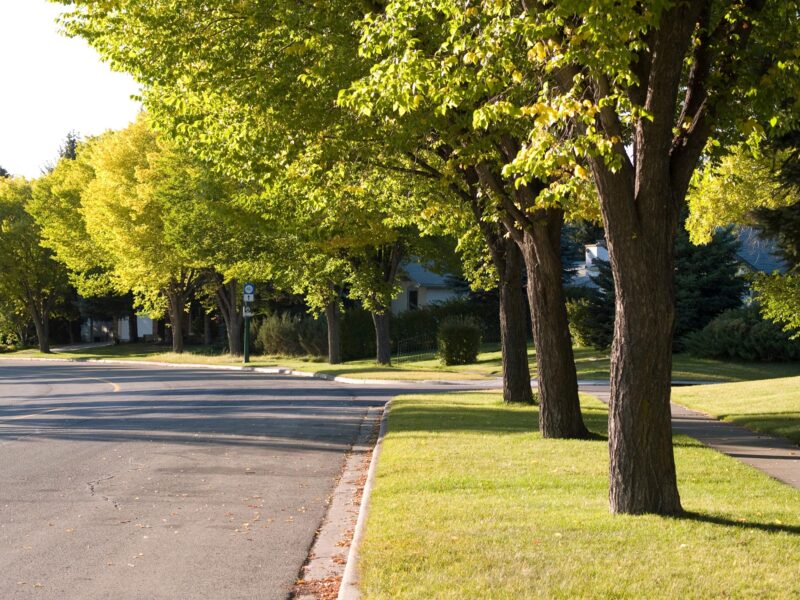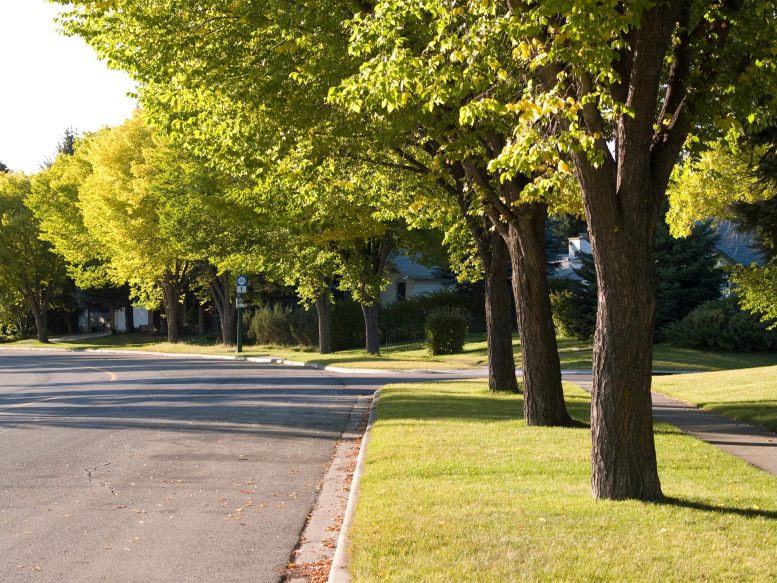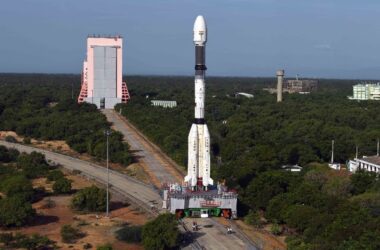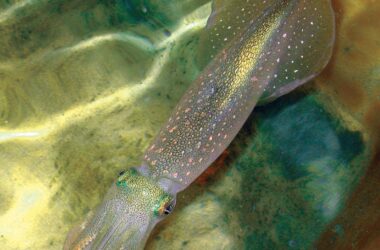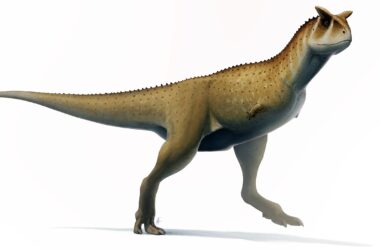Une nouvelle étude menée par des chercheurs de l’Université McGill, de la Station de recherche du Sud du Service forestier de l’USDA et de North Carolina State University estimates that over the next 30 years, 1.4 million street trees will be killed by invasive insects, costing over $900 million USD to replace. The findings are published in the British Ecological Society’s Journal of Applied Ecology.
McGill PhD graduate Emma J. Hudgins, the study’s lead author, created the first nationwide spatial forecast of street tree mortality from invasive insects, building models to extrapolate to roughly 30,000 urban areas across the United States. Now a post-doctoral fellow at Carleton University, Hudgins puts forth that 90 percent of the 1.4 million tree deaths forecasted in the study are predicted to be caused by the emerald ash borer (Agrilus planipennis), which is expected to kill virtually all ash trees in more than 6,000 urban areas. The researchers predict that the impact of invasive insects will not be evenly spread across the country, with less than a quarter of US communities set to experience 95 percent of all street tree mortality resulting from invasive insects.
The team says that their findings can help urban tree managers to know which tree species, in which areas, will be at the greatest risk from invasive insects. Their findings can be used to prioritize management efforts such as quarantining wood products. “These results can hopefully provide a cautionary tale against planting a single species of tree throughout entire cities, as has been done with ash trees in North America. Increasing urban tree diversity provides resilience against pest infestations,” Hudgins said.
Reference: “Hotspots of pest-induced US urban tree death, 2020–2050” by Emma J. Hudgins, Frank H. Koch, Mark J. Ambrose, Brian Leung, 13 March 2022, Journal of Applied Ecology.
DOI: 10.1111/1365-2664.14141
